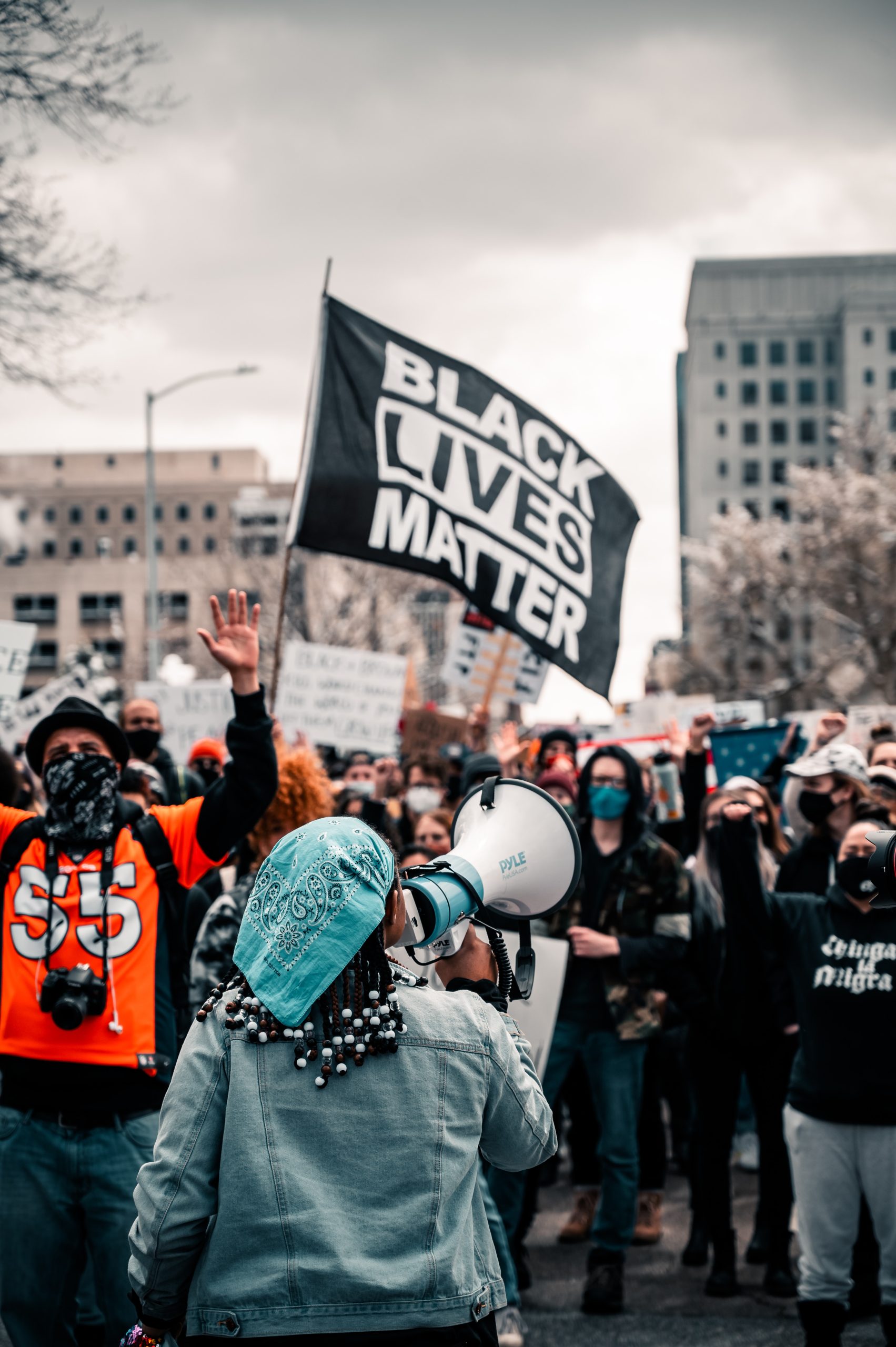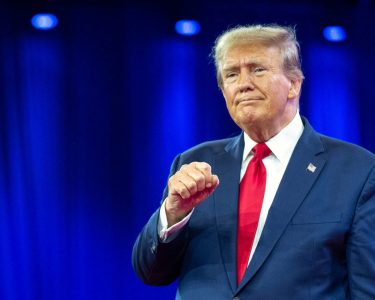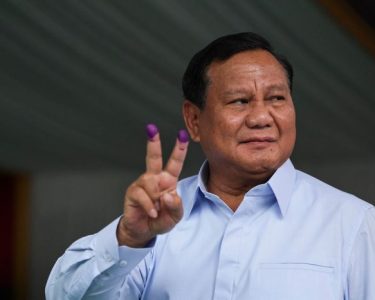The Black Lives Matter movement has been a major force in American politics in recent years, and its impact has been felt far beyond the United States. Since its emergence in 2013, the movement has been a powerful voice for racial justice, advocating for the fair treatment of Black people by law enforcement and other institutions.
The movement began as a response to the killing of Trayvon Martin, a Black teenager who was shot and killed by a neighborhood watch volunteer in Florida in 2012. Martin’s death sparked outrage and protests across the country, and in the wake of his killing, a group of activists founded the Black Lives Matter movement.
Since then, the movement has grown in size and influence, with chapters and affiliated organizations in cities across the United States and around the world. The movement’s activism has taken many forms, including protests, marches, and demonstrations, as well as advocacy and policy work.
One of the key political issues that the Black Lives Matter movement has brought to the forefront is police brutality and the use of excessive force against Black people. In the years since the movement’s founding, a number of high-profile cases of police violence against Black people have galvanized the movement’s efforts, including the deaths of Eric Garner, Michael Brown, and George Floyd.
In response to these incidents, the Black Lives Matter movement has advocated for a range of reforms, including increased police accountability and transparency, changes to use-of-force policies, and the reallocation of resources away from policing and towards community-based alternatives.
The movement has also been critical of the criminal justice system more broadly, pointing to issues such as racial profiling, discriminatory sentencing, and the mass incarceration of Black people. The movement has advocated for changes to sentencing laws, bail reform, and the restoration of voting rights for formerly incarcerated individuals, among other things.
In addition to these specific policy issues, the Black Lives Matter movement has also had a broader impact on American politics and culture. The movement has raised awareness of systemic racism and the ways in which it manifests in different areas of American life, from education and healthcare to housing and employment.
The movement has also forced politicians and political candidates to confront issues of racial justice more directly. In the wake of protests following George Floyd’s killing in 2020, for example, many politicians expressed support for the movement’s goals and promised to work towards meaningful change.
However, the Black Lives Matter movement has also faced significant opposition and criticism, particularly from conservative politicians and media outlets. Critics of the movement have argued that it is anti-police, divisive, and even violent, and some have sought to paint the movement as a threat to American values and security.
Despite this opposition, the Black Lives Matter movement has continued to grow and evolve, with activists and organizers working towards a wide range of goals and reforms. As the movement continues to shape American politics and culture, it is clear that the issues it has brought to the forefront will continue to be important and relevant for years to come.




